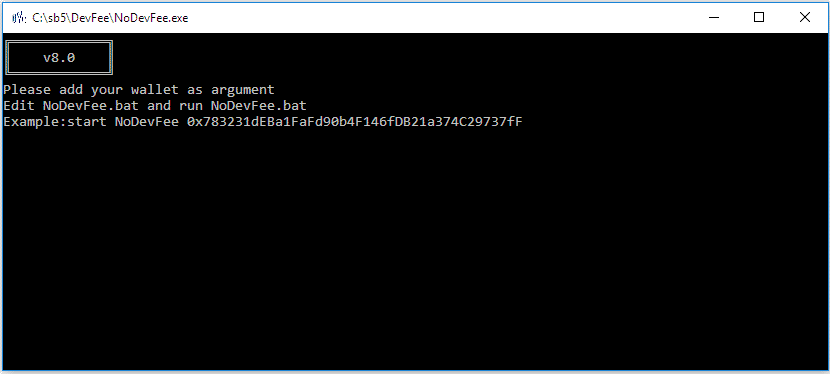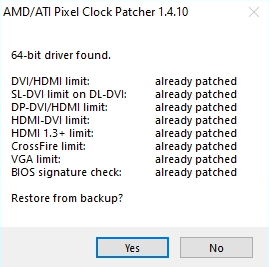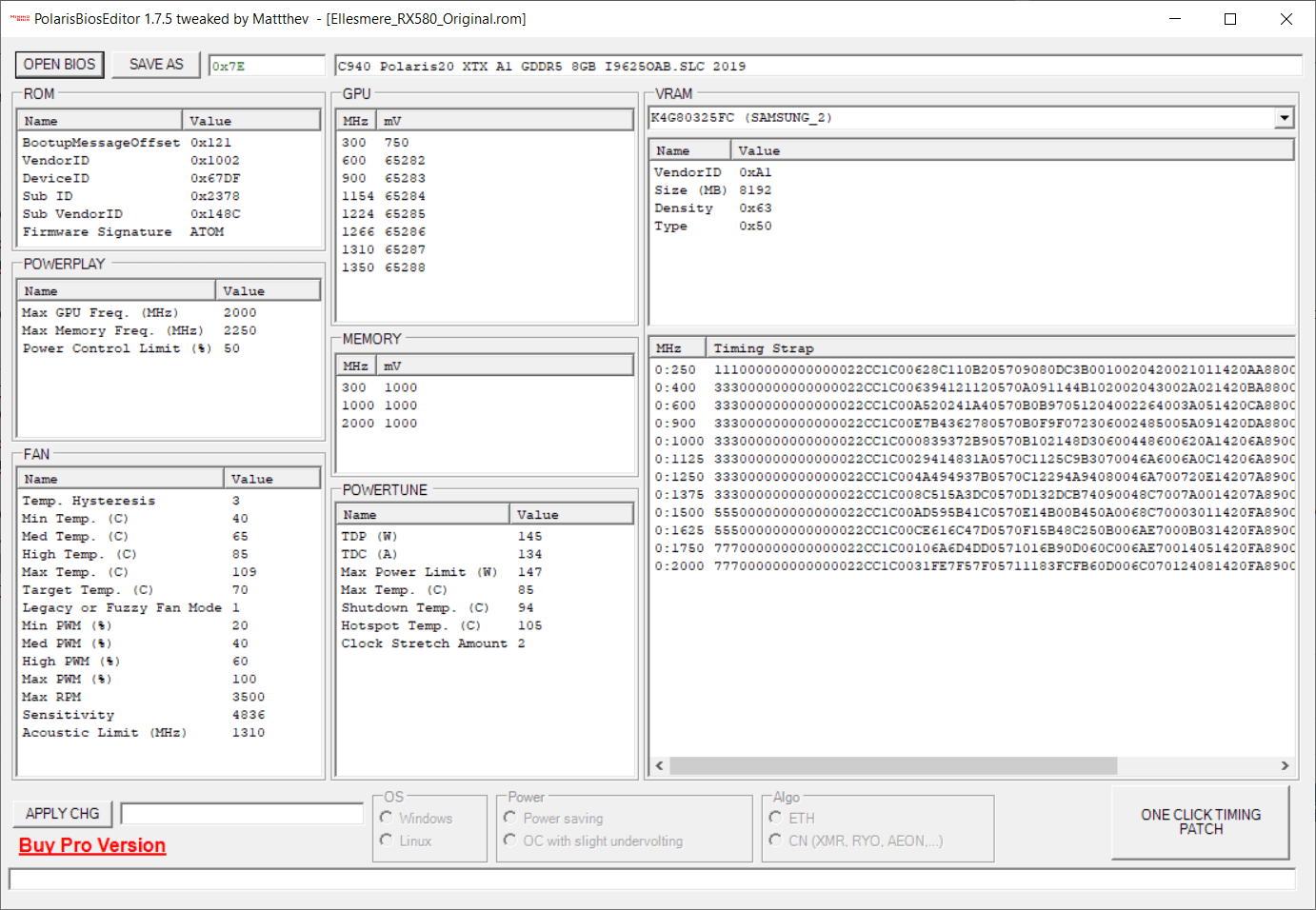Is Algorithmic Trading Profitable
Automated Trading (AT) vs Expert Advisors (EA)
Apart from the fact that advisors can trade automatically, it is very important to know and understand the financial markets on your own. So stay tuned to your own education and learning curve, and feel free to make the most of all our learning materials. Since AvaTrade offers a wide range of webinars, account managers to help you better understand the market, we hope this will allow you to trade seamlessly in parallel with your Expert Advisor.
Expert Advisors (EAs) are programs or code snippets that allow you to participate in automated trading when loaded into MetaTrader 4. Each Expert Advisor is unique and created with the user’s personal taste preferences in mind. Trading with bots with analytical capabilities is a unique feature and explains why so many people love it.
There are two options for getting started with the EA; you can buy it from the MetaTrader4 market or create your own. To create your own trading robot, you need to develop, program and compile it in MQL MetaEditor using the MQL4 programming language. Using your past trading experience, you can determine which market conditions will lead to opening or closing a position based on various indicators and elements.
You don’t need to be an advanced programmer or an experienced trader to use an Expert Advisor in trading. Free and paid advisors are available on the Internet as well as on the MetaTrader marketplace, where you can also download a demo version of the advisor you want and try it out before buying or renting it.
What AT Can Do For You

On the off chance that you’ve at any point needed a PC to execute exchanges for you, you’ve most likely scholarly algorithmic exchanging. Algorithmic trading is utilized by many enormous exchanging houses, as well as retail merchants, and is turning into a possibility for an ever increasing number of dealers as the advantages benefit them. Nonetheless, with the web overwhelmed with exchanging bots that appear to cause more damage than great, it is unquestionably worth inquiring as to whether algorithmic trading is really productive!
Is Algorithmic Trading Really a Trading Style?
Algorithmic trading (otherwise called computerized trading, black box trading, or algorithmic trading) utilizes PC programs that adhere to a particular arrangement of guidelines (calculations) to exchange. In principle, trading can be beneficial at a speed and recurrence that is outside the realm of possibilities for human merchants.
Some guidance sets depend on schedule, cost, volume or any numerical model. Notwithstanding benefit valuable open doors for dealers, algorithmic trading makes advertises more fluid and trading more deliberate, killing the impact of human feelings on trading action.
AT is programmer algoritm
A programming calculation is an interaction or equation used to tackle an issue. It depends on the execution of a progression of given activities that depict how to accomplish something, and your PC does it without fail.
The calculation works by following an interaction comprising of info information. After he has completed all the info, he will see the outcome, which is the result.
Algorithm Features:
- Exactness – steps are precise.
- Uniqueness – The consequence of each progression still up in the air and relies just upon the information sources and aftereffects of past advances.
- Limit – The calculation stops in the wake of executing a limited number of guidelines.
- Input – The calculation gets input.
- Yield – The calculation creates a result.
- Consensus – Algorithms are applied to a bunch of information.
5 Reasons Why Algorithmic Trading Can Be More Profitable Than Discretionary Trading

Everything is backtested!
As an algorithmic trader, you will stop guessing. Instead, you rely on historical backtesting to evaluate the performance of trading strategies to maximize their chances of continuing to perform well in the future.
This is a big advantage over the average discretionary trader who usually relies on assumptions about how certain patterns should work. With that in mind, it’s no surprise that most discretionary traders lose money…
All strategies are executed by a computer
Trading multiple trading styles at the same time is almost impossible if the computer doesn’t handle it for you! Besides being a convenient solution, it has considerable advantages.
Perhaps the biggest benefit is that you avoid many of the mistakes that are so common among discretionary traders. For example, inattention leading to wrong orders or other mistakes will no longer be a big problem.
Of course, there will be glitches, and sometimes the computer will still screw up. However, with some observation, this will be a small problem. Especially when you consider that it generally works very reliably.
You’re not as emotionally affected
The mental and passionate piece of trading is one of the most troublesome parts of any trading style. It isn’t extraordinary for optional dealers to battle to put their next exchange and adhere to the laid out guidelines when they experience retracements that are still inside anticipated levels.
Since algorithmic merchants are not associated with the execution of their exchanging techniques, this issue happens considerably less oftentimes. It is significant, in any case, that algorithmic trading can never liberate you from every single passionate weight and troubles.
You can diversify across strategies, markets, and timeframes
Similarly, with a PC handling your orders for you, you can extend your trading to more business sectors, time periods and procedures, offering prevalent gamble the executives and benefit potential.
For instance, you could have an algorithmic system that all the while exchanges gold, raw petroleum, market lists, or stocks. All things considered, if either of these business sectors are acting strangely simultaneously, the other is probably going to compensate for those misfortunes.
The computer never sleeps
However long the market is open, the trading methodology will work. This is a major benefit, particularly for business sectors like gold with various trading meetings all over the planet.
You could actually foster methodologies to exchange at various seasons of a similar market meeting to exploit changing business sector conduct during the meeting. This is particularly valid for worldwide items (again gold), which can act diversely relying upon what area of the planet they are right now dynamic in.
Pitfalls of Automating
1) Mechanical Failures
The hypothesis behind mechanized trading appears to be straightforward: set up the product, compose the principles, and watch the exchanges. Indeed, auto trading is a mind boggling strategy for trading, yet it isn’t secure. Contingent upon the trading stage, exchange requests might be situated on a PC rather than a server. This implies that orders may not be shipped off the market assuming the web association is lost. There may likewise be a bungle between the “hypothetical exchanges” created by the system and the request passage stage parts that make an interpretation of them into real exchanges. Most dealers ought to have an expectation to learn and adapt while utilizing a robotized exchanging framework, and it is by and large fitting to begin with little exchanges while refining the interaction.
2) Monitoring
While it would be extraordinary to turn on the PC and leave for the afternoon, computerized trading frameworks require observing. This is because of likely specialized disappointments, (for example, association issues, blackouts or PC disappointments) and framework peculiarities. Computerized trading frameworks might encounter inconsistencies that outcome in wrong, missed or copy orders. Assuming the framework is observed, these occasions can be distinguished and immediately settled.
3) Over-Optimization
While this isn’t true with robotized trading frameworks, dealers utilizing backtesting procedures can make frameworks that look incredible on paper however perform inadequately in the genuine market. Over-improvement alludes to extreme bend fitting that makes trading arrangements inconsistent progressively trading. For instance, you can redo a methodology to accomplish amazing outcomes on the chronicled information it tests. Brokers at times erroneously accept that an trading plan should have near 100 percent winning exchanges or should never encounter a drawdown to be a reasonable arrangement. Accordingly, boundaries can be acclimated to make a “close great” plan that flops totally once applied to the genuine market.
How to Get Started Algo Trading
1. Read article about algorithmic trading | While we may be a little biased, we believe our algorithmic trading guide is the most comprehensive and comprehensive resource on the web. It contains 10,000 words covering everything from a good trading platform with algorithms to backtesting and validation. |
2. Start Testing! | The most important thing in algorithmic trading is to simply start programming in a simple and common coding language. In this way, you will be able to create your own trading strategy and improve it as you discover what works and what doesn’t. If you don’t want to spend months or even years perfecting your process to find what works, we recommend taking a trading course. This may seem like a huge expense, but in most cases it pays off quickly. |
3. Work hard | Trading is hard! To be successful, you need not only an effective and profitable framework, but also the stamina and perseverance to spend a lot of time finding and developing a trading strategy. |
Is Algorithmic Trading the Future?
Algorithms are nothing but human creativity. It can deal with each chance the human mind can imagine. Algorithmic systems are formed considering market conduct, including unpredictability and dubious circumstances. With the assistance of testing and reproduction devices, it is vital to get the procedure and send it as per economic situations. Algorithmic trading permits you to change starting with one system then onto the next in light of economic situations.
Utilizing the most recent innovative devices, for example, man-made brainpower and AI, as well as the utilization of enormous information, Algo Trading is relied upon to additionally alter trading. In created markets, the portion of algorithmic exchanging actual terms is right now around 70-80%, and in India it is around half. In the following not many years, Algo’s portion of the overall industry will surpass 95% and deals will develop dramatically. So the fate of trading is Algo, and Algo is what’s to come.



















